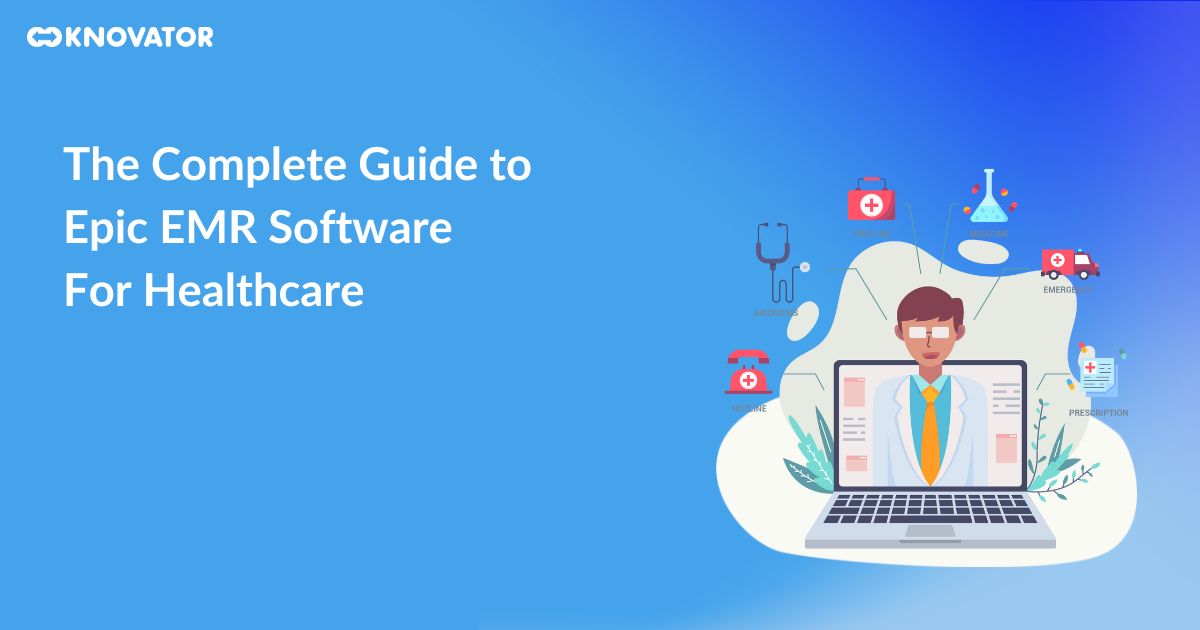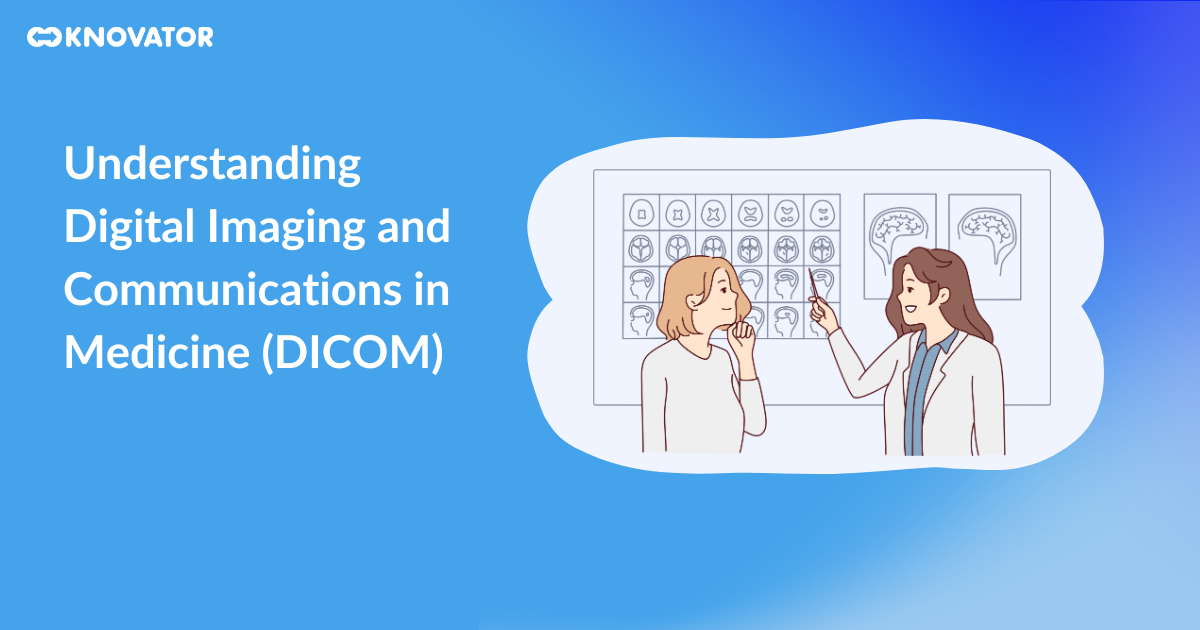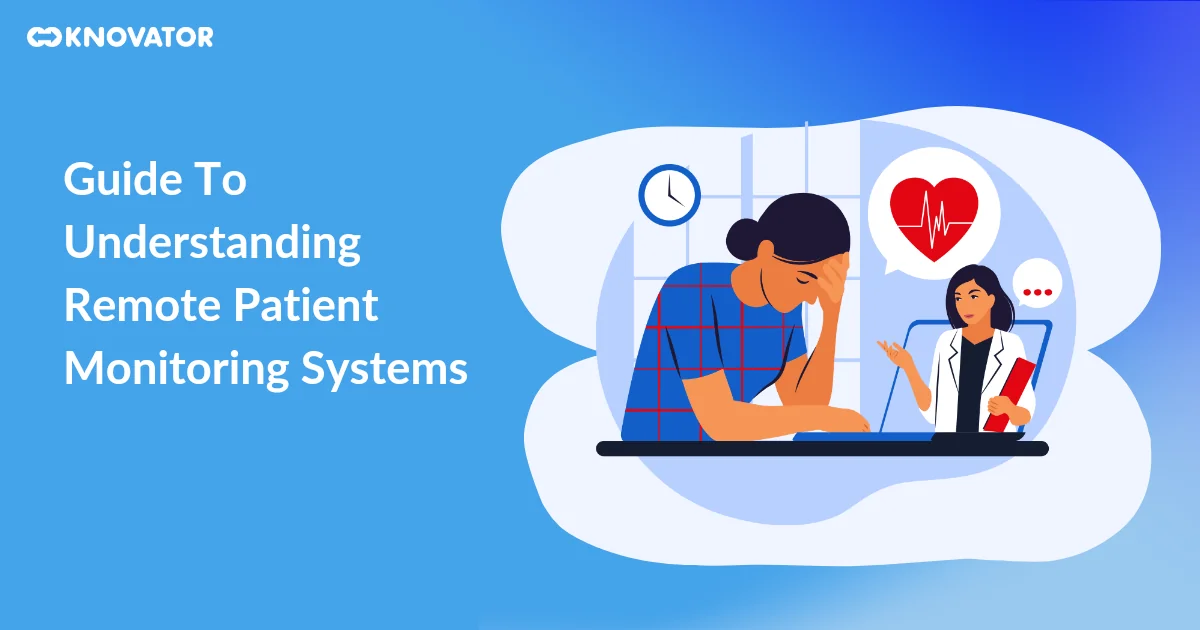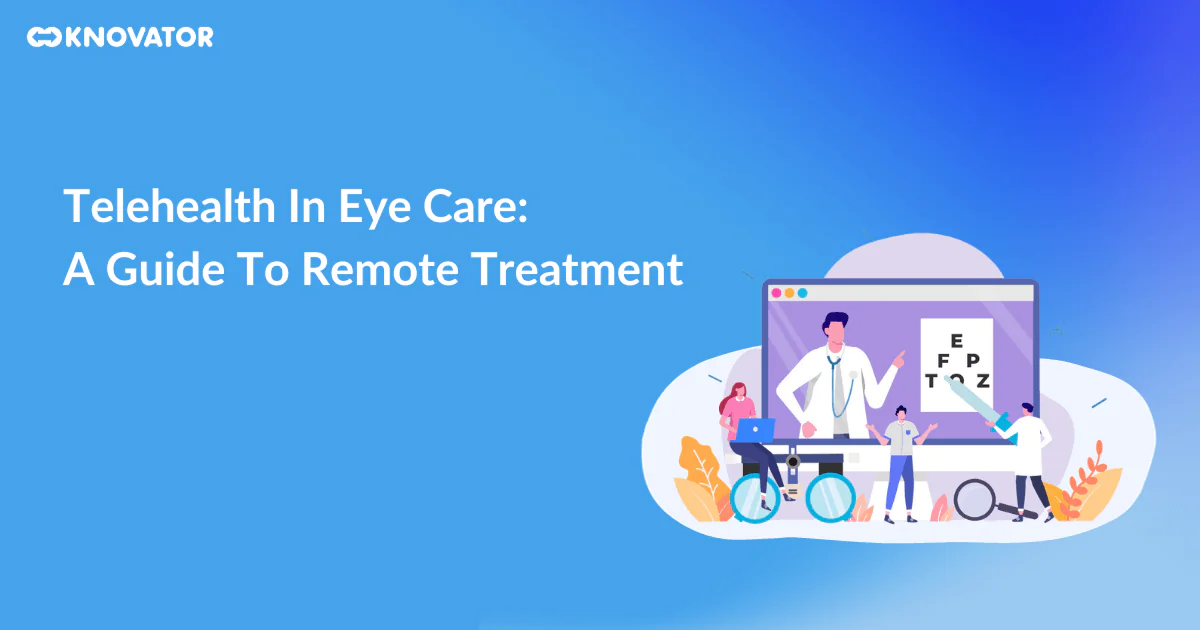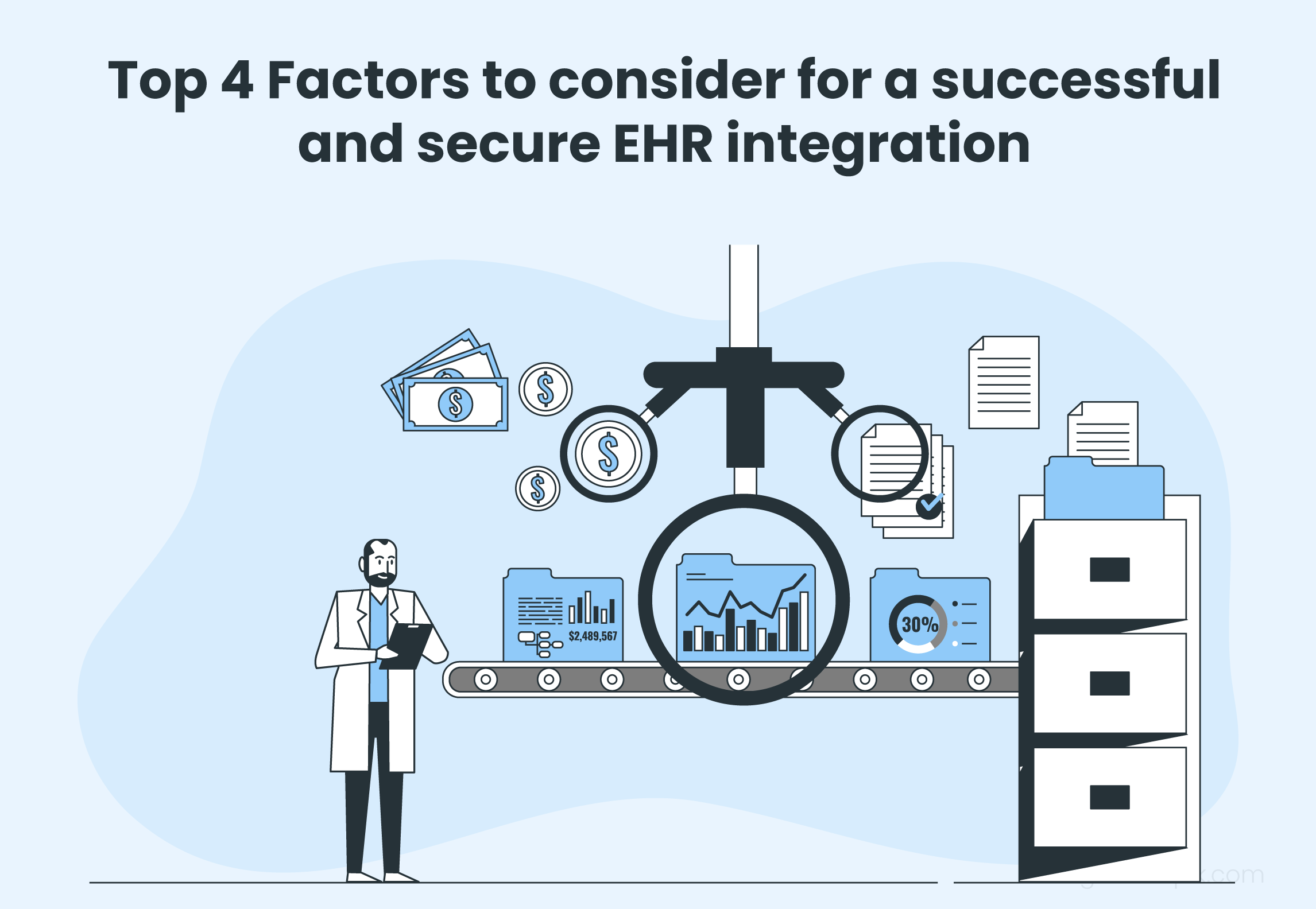As digital transformation continues to reshape the healthcare industry, choosing the right electronic medical records (EMR) system is crucial. EMR systems streamline administrative tasks and enhance patient care by improving access to vital health data. Epic EMR Software is one of the healthcare industry’s most widely used EMR systems.
But what makes Epic stand out from other EMR systems?
In this blog post, we will comprehensively delve into the world of Epic. From its distinctive features and functionalities to its implementation process and benefits, we aim to provide a holistic understanding of this sophisticated software.
Let’s discover how Epic can revolutionize healthcare delivery and management.
What Is An Epic EMR System?
 Epic EMR is a cloud-based Electronic Medical Records (EMR) system designed to streamline healthcare operations. It combines various healthcare management aspects, including patient scheduling, medical charting, billing, and more, into a unified platform. This EMR software Epic is recognized globally for creating a more efficient healthcare landscape.
Epic EMR is a cloud-based Electronic Medical Records (EMR) system designed to streamline healthcare operations. It combines various healthcare management aspects, including patient scheduling, medical charting, billing, and more, into a unified platform. This EMR software Epic is recognized globally for creating a more efficient healthcare landscape.
Epic EMR systems are famous for their scalability and versatility, accommodating many healthcare settings, from small clinics to large hospital networks. The software encompasses various healthcare modules, including patient registration, scheduling, billing, clinical documentation, medication management, laboratory integration, radiology imaging, and more.
Epic EMR – Features & Pricing
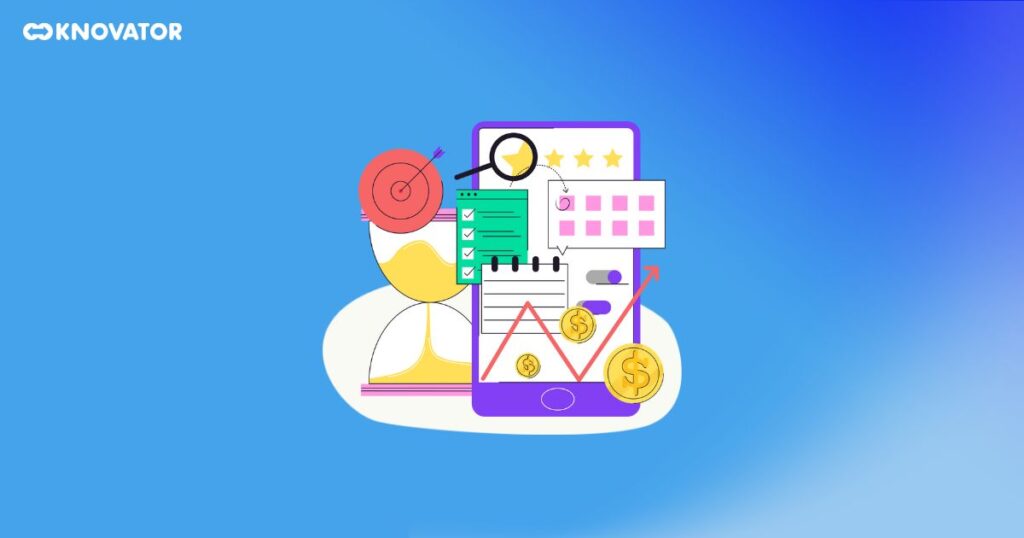 Epic EMR offers a wide range of features and functionalities to healthcare providers. It includes
Epic EMR offers a wide range of features and functionalities to healthcare providers. It includes
- Patient scheduling
- Medical charting
- E-prescribing
- Lab integration
- Billing and coding
- Decision support tools
- Interoperability capabilities
The customizable software enables organizations to adapt it to their specific workflows and requirements. It also offers mobile applications, enabling healthcare professionals to access patient information and perform tasks.
When it comes to pricing, Epic EMR follows a unique model. Rather than providing fixed pricing information publicly, Epic engages in a consultative approach with potential clients to determine the cost based on factors such as:
- The size of the organization
- The number of users
- The desired modules and functionalities
The pricing structure typically includes upfront costs for implementation, licensing fees, ongoing support and maintenance fees, and training expenses.
It’s important to note that Epic EMR is known for being a high-end solution with a significant initial investment. However, many healthcare organizations find the software’s robust features, scalability, and interoperability capabilities worth the cost, as it can lead to improved efficiency, better patient outcomes, and increased revenue in the long run.
What is Epic Software in Healthcare?
 Epic Systems is a private healthcare software company that develops electronic health record (EHR) software for hospitals and large practices. Epic’s software is used by over 78% of hospitals in the United States and over 3% worldwide.
Epic Systems is a private healthcare software company that develops electronic health record (EHR) software for hospitals and large practices. Epic’s software is used by over 78% of hospitals in the United States and over 3% worldwide.
Epic’s EHR software includes features such as medical templates, patient history, referrals, and reporting and analytics functionality. The software can help healthcare providers deliver the best patient care by providing a single source for patient information.
Epic’s software is also used by health plans to manage their claims and payments. The software can help health plans improve the efficiency of their operations and provide better service to their members.
In addition to its EHR and health plan software, Epic also develops software for other areas of healthcare, such as
- Laboratory management
- Pharmacy management
- Radiology management
Epic’s software is a powerful tool that can improve the quality and efficiency of healthcare. The company is committed to providing innovative software solutions that meet the requirements of healthcare organizations worldwide.
How does Epic EMR Software work?
 Epic Systems Corporation, the developer of Epic EMR, has been a prominent player in the healthcare IT industry for several decades.
Epic Systems Corporation, the developer of Epic EMR, has been a prominent player in the healthcare IT industry for several decades.
Epic EMR is a web-based software that operates on a client-server model, where the central server hosts the database and application while clients access the system through a web browser. The software offers several functionalities, including
- Patient scheduling
- Medical charting
- E-prescribing
- Clinical documentation
- Billing
- Reporting
Epic EMR utilizes a structured data model, which means that information is entered into predefined fields and templates, ensuring standardized data capture. This structured approach enables efficient data analysis and reporting and support for clinical decision-making and research. The software also has clinical decision support features, such as alerts and reminders, to assist healthcare providers in adhering to best practices and ensuring patient safety.
Furthermore, Epic EMR offers extensive customization options to accommodate different healthcare organizations’ unique workflows and requirements. Organizations can personalize the software to their needs, configuring templates, workflows, and user roles accordingly.
Epic EMR follows strict industry standards and regulations to ensure data security and privacy, like HIPAA (Health Insurance Portability and Accountability Act). The software employs robust encryption protocols, access controls, and audit trails to protect patient information from unauthorized access.
At last, Epic EMR software is a comprehensive solution for managing patient data and enhancing healthcare delivery. Its integration capabilities, structured data model, customization options, and security measures contribute to improving efficiency, care coordination, and patient outcomes in healthcare organizations.
Pros & Cons of Epic Software
 Like any software, Epic EMR has its advantages and challenges.
Like any software, Epic EMR has its advantages and challenges.
Pros
- Comprehensive features: Epic EMR software offers a broad range of features covering all aspects of healthcare management.
- Scalability: Epic systems EHR can cater to the needs of both small and large healthcare facilities.
- User-friendly interface: The software is known for its intuitive and easy-to-use interface.
- Data integration: Epic software medical facilities can seamlessly integrate with other platforms, facilitating data transfer.
Cons
- High costs: The cost of Epic EMR can be high, especially for small healthcare facilities.
- Implementation time: The software may require significant time for complete implementation.
- Training needs: Staff members may need extensive training to navigate the system effectively.
- Limited customization: The software may not offer extensive customization options.
Is Epic an EMR or EHR?
 Epic can be classified as an EMR and an EHR system.
Epic can be classified as an EMR and an EHR system.
As an EMR, Epic allows healthcare providers to store patient data, track patient conditions over time, and manage the patient care process within their facility. It aids in streamlining workflow, minimizing paperwork, and enhancing the efficiency of healthcare delivery.
As an EHR, Epic goes a step further. It is designed to record a patient’s health information comprehensively. It encompasses data from all the clinicians involved in a patient’s care, such as labs, specialists, hospitals, and outpatient facilities. This means that no matter where a patient goes, their health information can travel with them, facilitating seamless care coordination, reducing errors, and improving patient outcomes.
So, while Epic functions as an EMR within a single healthcare provider’s system, its ability to share and integrate information across different healthcare settings and providers also qualifies it as an EHR. Thus, Epic is an advanced healthcare software solution that embodies the characteristics of both EMR and EHR systems.
What is Epic software used for?
 Epic Software is a comprehensive and integrated EHR (electronic health record) system for healthcare organizations. It is used for many functions and processes related to patient care, administrative tasks, and clinical operations. With its robust capabilities and user-friendly interface, Epic has become one of the leading EHR systems in the healthcare industry.
Epic Software is a comprehensive and integrated EHR (electronic health record) system for healthcare organizations. It is used for many functions and processes related to patient care, administrative tasks, and clinical operations. With its robust capabilities and user-friendly interface, Epic has become one of the leading EHR systems in the healthcare industry.
One of the primary uses of Epic software is to store and manage patient medical records electronically. It lets healthcare providers access and update patient information in real-time, facilitating efficient and coordinated care delivery. This includes storing patient demographics, medical history, diagnoses, treatment plans, laboratory results, and more.
Epic also provides features for clinical decision support, allowing healthcare professionals to access evidence-based guidelines, alerts, and reminders to aid in making informed decisions about patient care. The software supports order entry and medication management, helping to reduce errors and improve medication safety.
Major Medical Facilities That Use Epic
 Here are some examples of how Epic EMR has been successfully implemented in healthcare organizations.
Here are some examples of how Epic EMR has been successfully implemented in healthcare organizations.
- Mayo Clinic
As one of the most prestigious medical institutions globally, Mayo Clinic has implemented Epic EMR to improve patient care and enhance workflow efficiency. Epic’s integrated system allows healthcare providers to access real-time patient information, including medical history, laboratory results, and imaging reports. This enables Mayo Clinic’s multidisciplinary teams to collaborate effectively and provide timely and coordinated care.
- Massachusetts General Hospital
Epic EMR has been instrumental in optimizing patient care at Massachusetts General Hospital (MGH). With Epic’s robust data analytics capabilities, MGH can identify trends, track outcomes, and make data-driven decisions. This has resulted in better clinical outcomes and enhanced patient safety. Epic’s interoperability features also allow MGH to securely share patient records with other healthcare organizations, promoting continuity of care.
- Cleveland Clinic
Cleveland Clinic, a leading academic medical center, has implemented Epic EMR to streamline clinical operations and enhance patient engagement. Epic’s patient portal empowers patients to access health records, schedule appointments, and connect with their healthcare providers easily. This level of engagement improves patient satisfaction and enables proactive health management.
- Kaiser Permanente
Epic EMR has been integral to the success of Kaiser Permanente, a large integrated healthcare delivery system. With Epic’s population health management tools, Kaiser Permanente can identify and proactively manage chronic diseases, monitor preventive care measures, and analyze population health data. This has led to better patient outcomes, reduced healthcare costs, and more efficient resource allocation.
- Johns Hopkins Medicine
Epic EMR has played a vital role in Johns Hopkins Medicine’s commitment to delivering high-quality care. The system’s decision support tools help healthcare providers make informed clinical decisions, reducing the likelihood of medical errors and improving patient safety. Epic’s seamless integration with ancillary systems, such as radiology and pharmacy, ensures timely access to critical information and promotes care coordination.
What language is Epic EMR?
 Epic EMR is written in a version of MUMPS, which stands for Massachusetts General Hospital Utility Multi-Programming System. MUMPS is a programming language designed for database applications, and it is well-suited for the high-speed access and reliability requirements of electronic health records (EHRs).
Epic EMR is written in a version of MUMPS, which stands for Massachusetts General Hospital Utility Multi-Programming System. MUMPS is a programming language designed for database applications, and it is well-suited for the high-speed access and reliability requirements of electronic health records (EHRs).
Epic EMR uses a version of MUMPS called M*. This version of MUMPS is enhanced with features that make it more efficient and easier to use for EHRs.
In addition to M*, Epic EMR uses other languages, such as JavaScript, C#, and HTML5, for the front-end user interface. These languages create interactive screens and vibrant colors that make Epic EMR user-friendly.
Overall, Epic EMR is a complex software system that is written in a variety of languages. Using MUMPS for the back-end database and JavaScript, C#, and HTML5 for the front-end user interface makes Epic EMR a powerful and efficient EHR system.
What is the Cost of Epic Software?
 The cost of Epic software is difficult to estimate, as Epic does not publicly disclose its pricing. However, it is generally understood that the cost of implementing Epic software can range from $1,200 to $500,000, depending on the organization’s size and complexity. There are also associated costs for training and additional features, which can add to the overall cost.
The cost of Epic software is difficult to estimate, as Epic does not publicly disclose its pricing. However, it is generally understood that the cost of implementing Epic software can range from $1,200 to $500,000, depending on the organization’s size and complexity. There are also associated costs for training and additional features, which can add to the overall cost.
The initial cost of Epic software is typically higher than other EHR systems, but the long-term costs are often lower. This is because Epic software is scalable and easy to adapt to the requirements of growing organizations. Additionally, Epic offers various support services that can help organizations get the most out of their investment.
Get Ready To Invest In Epic EMR Software
In conclusion, investing in Epic EMR software is a strategic move for any healthcare organization looking to organize its operations and improve patient care. While the cost of Epic EMR may seem substantial, the long-term gains in efficiency, accuracy, and patient satisfaction make it a worthy investment. If you’re ready to take your healthcare services to the next level, it’s time to explore Epic EMR. Set out on your digital transformation journey with Epic today!

